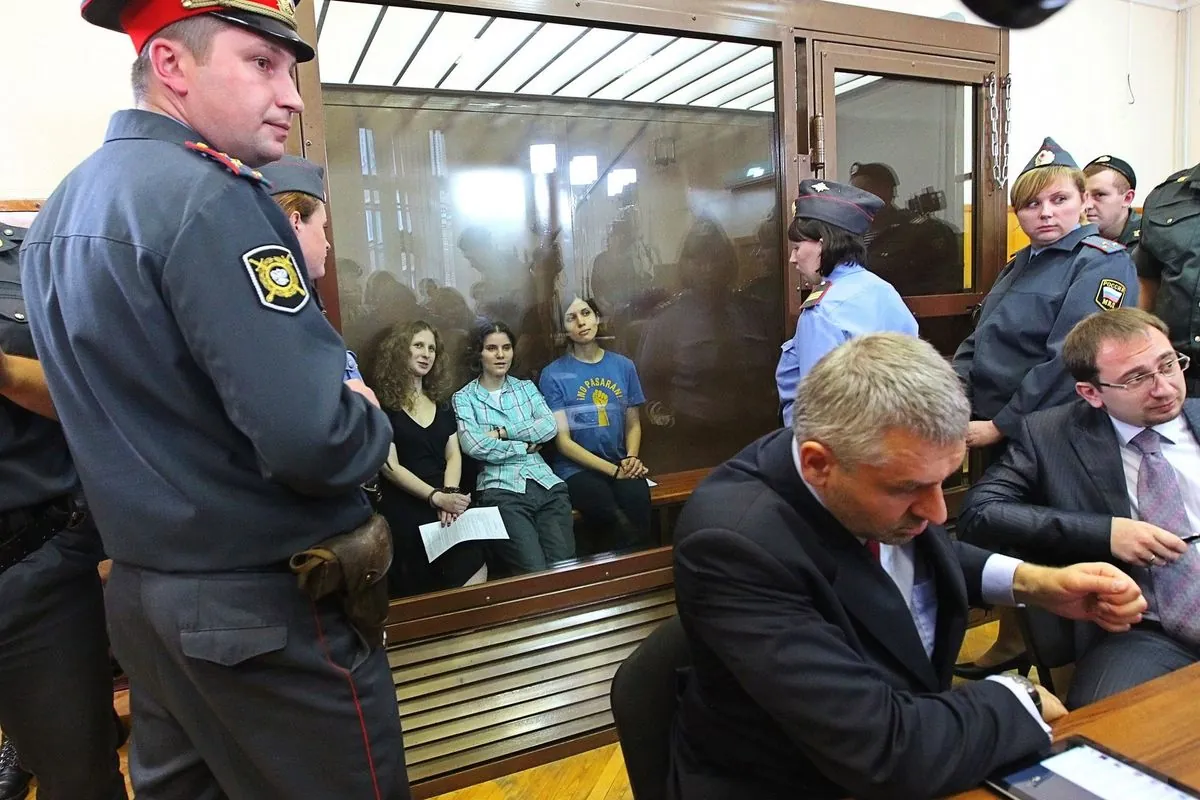In a significant development for election monitoring in Russia, Grigory Melkonyants, co-chair of the Golos (Voice) group, faced trial in Moscow on September 27, 2024. The proceedings center around allegations of cooperation with an "undesirable organisation," a charge Melkonyants vehemently denies.
Golos, established in 2000 to safeguard voters' rights and promote fair elections, has a history of scrutinizing Russian polls. The organization gained prominence in 2011 when it exposed alleged irregularities in parliamentary elections, and again in 2012 during the presidential vote that saw Vladimir Putin return to the Kremlin. These actions led to Golos being labeled a "foreign agent" in 2012, a designation that carries implications of espionage and has been widely criticized internationally.
The current case against Melkonyants involves alleged connections to the European Network of Election Observation Organisations (ENEMO), a Montenegro-based NGO banned in Russia since 2021 under the "undesirable organization" law introduced in 2015. Prosecutors claim Golos received funding from ENEMO, the U.S. State Department, and other American government agencies. However, Golos maintains it has had no interaction with ENEMO since the ban.
The trial's timing is noteworthy, occurring shortly after regional elections and the March 2024 presidential election that extended Putin's tenure. This extension was made possible by constitutional amendments in 2020, potentially allowing Putin to remain in power until 2036, marking over three decades of his leadership since 1999.
Golos's impact on Russian electoral processes has been significant. The organization developed a crowdsourcing platform called "Map of Violations" to report election irregularities and has trained thousands of observers across the country. Their efforts were recognized internationally when they received the Sakharov Prize for Freedom of Thought from the European Parliament in 2012.
The case against Melkonyants highlights the challenges faced by independent election monitors in Russia. Since 2016, when the Russian Supreme Court ordered Golos's liquidation as a legal entity, the group has continued to operate as a movement. This persistence reflects the ongoing tension between civil society organizations and state authorities in the realm of election oversight.
International bodies have expressed concern over Russia's treatment of election monitors. The Venice Commission of the Council of Europe has criticized Russia's foreign agent and undesirable organization laws. Moreover, other international observers, such as the OSCE's Office for Democratic Institutions and Human Rights (ODIHR), have faced restrictions in monitoring Russian elections.
The trial of Melkonyants occurs against a backdrop of limited international legal recourse, as Russia withdrew from the Council of Europe in 2022. This move has further isolated the country from external scrutiny of its electoral processes.
As the trial unfolds, it serves as a focal point for discussions on the state of democracy and civil society in Russia, with potential implications for future election monitoring efforts in the country.
"The charge against me is far-fetched and based on assumptions."
